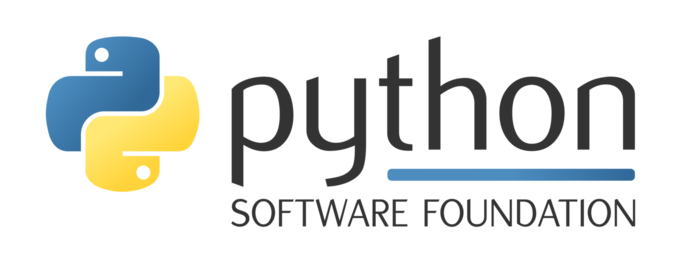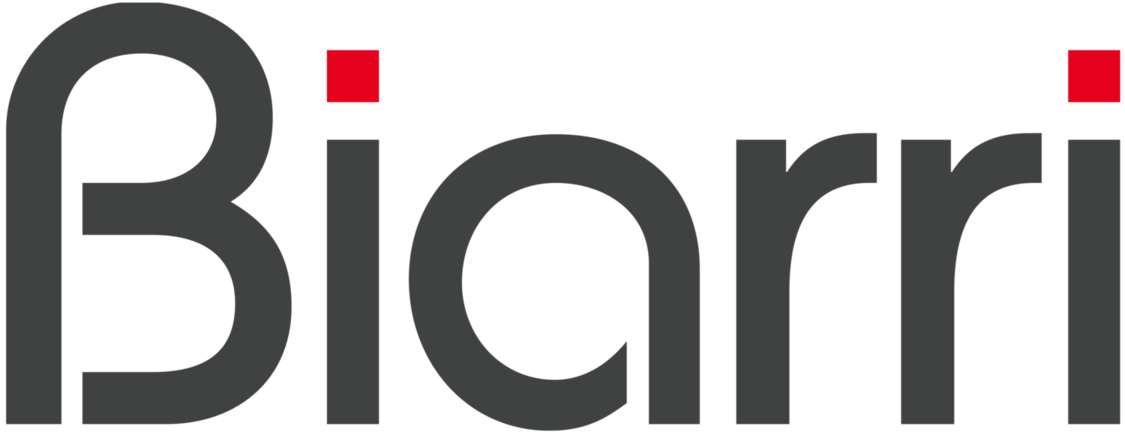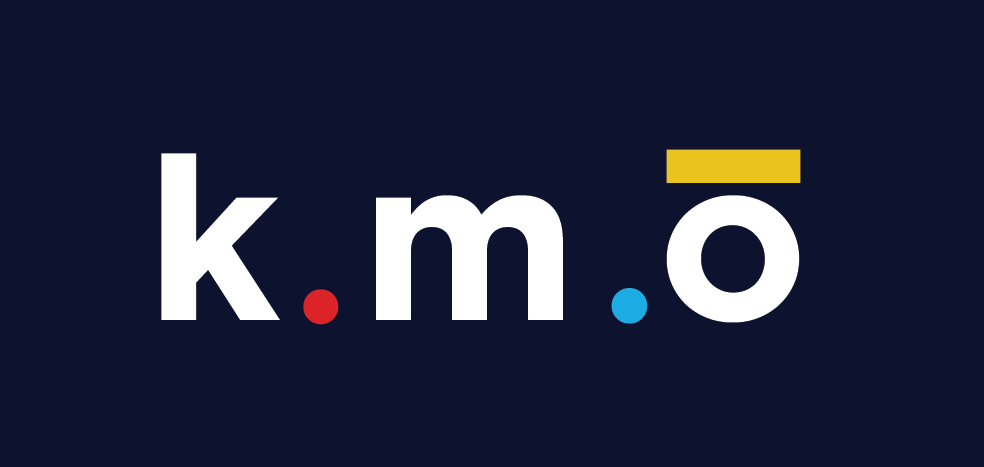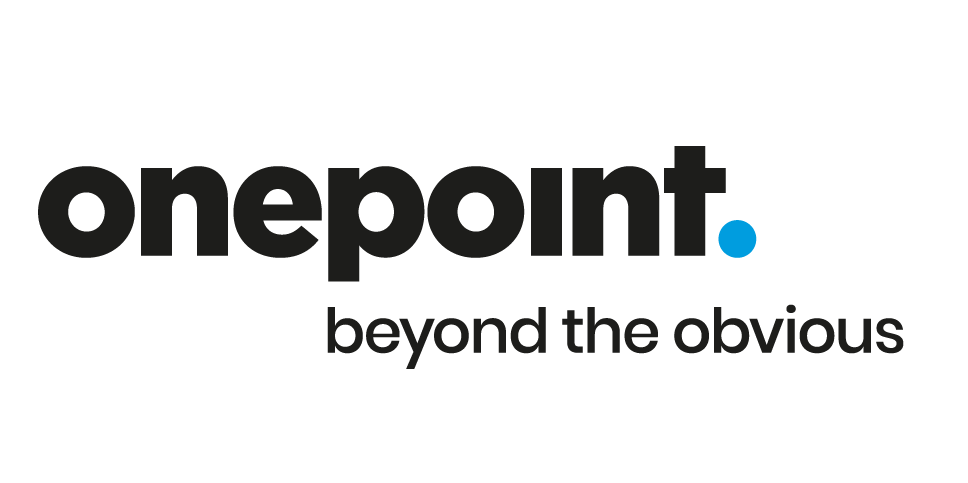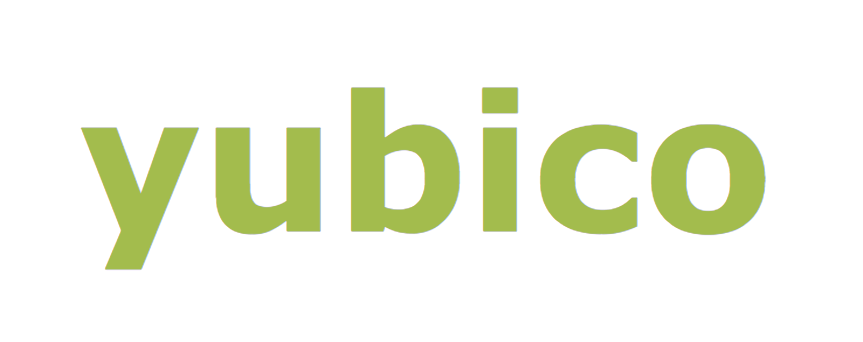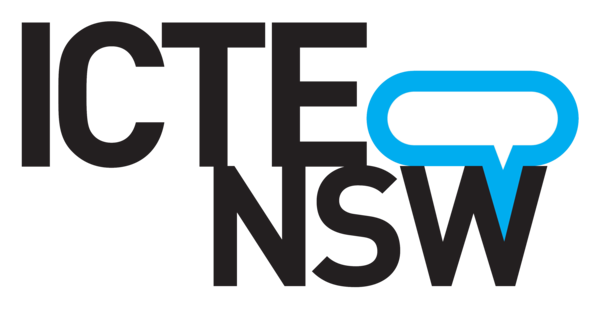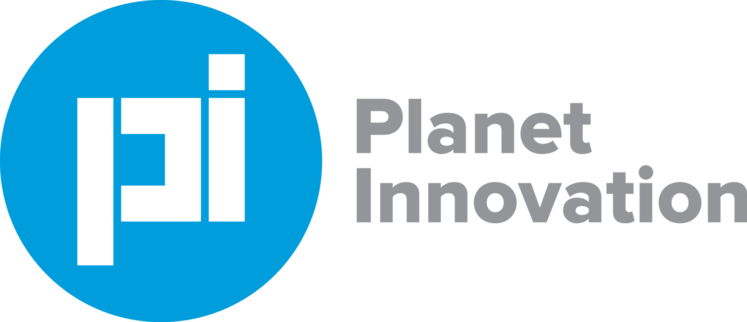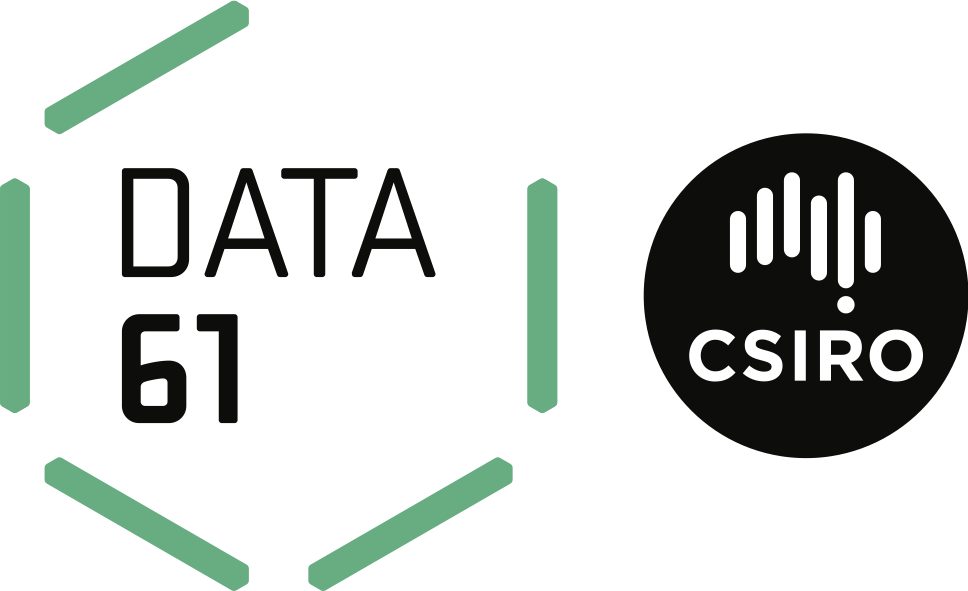There’s many different ways to learn to code, and how you start your students’ journey changes what challenges they’ll face.This talk will highlight some of the differences when using Micro:bits, and how to overcome the challenges.
Since the BBC Micro:bit was released in 2016, there have been more and more teachers using them in their classrooms to teach programming and digital technologies. Programming an embedded device like this is different to how we normally teach coding, and comes with its own problems. Micropython has different challenges to Python, and requires a different scope and sequence of concepts.
In my work at a computer education platform we’ve had over 10,000 attempts at the first few questions in our micro:bit course, and so we have a large dataset to draw upon to see what roadblocks students encounter.
In this talk, I’ll go through the most common errors, and discuss ways to guide students past them, helping on their programming journey. By discussing these and bringing them to light, I hope that other educators can bring greater success to their students.
Watch 'What makes Micro:bits different?' on PyCon AU's YouTube account
Jack Reichelt
My software journey started young, when my mum taught me how to code. Since then I’ve had a passion for all things computers.
My frequent involvement in the National Computer Science School, first as a student, then as a tutor, has given me many opportunities to focus on teaching others to code, culminating in me joining Grok Learning in 2018, to teach on a national scale.


